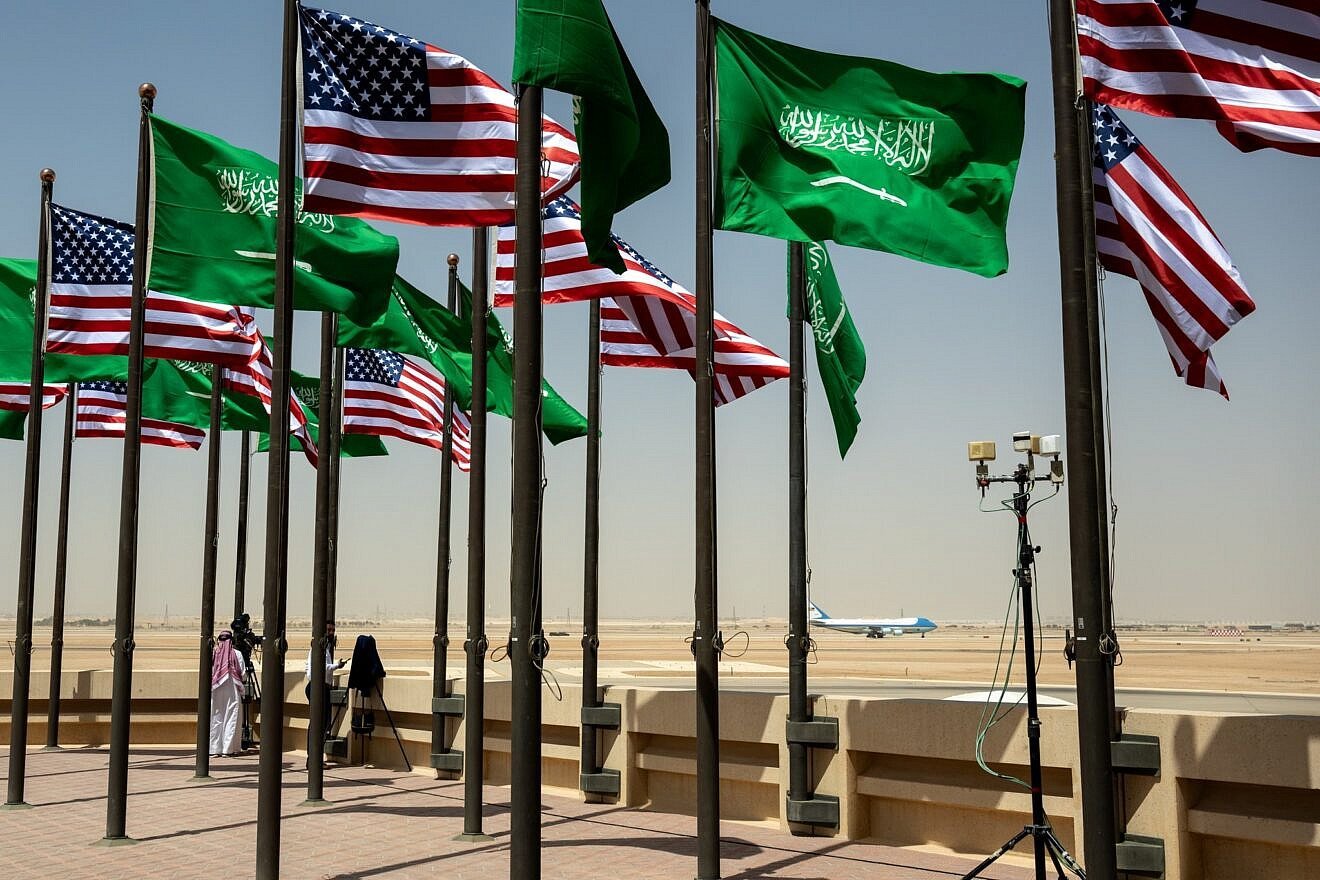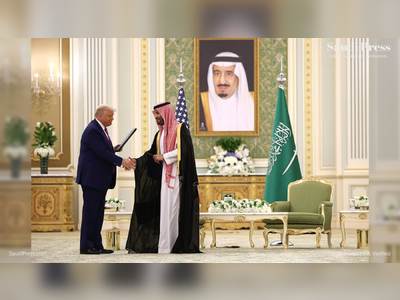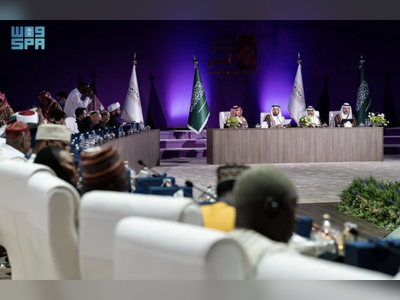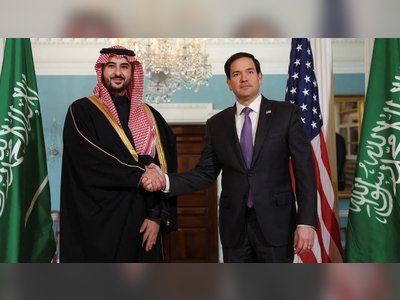
US Appeals Court Revives Lawsuit Against Saudi Arabia Over 2019 Pensacola Naval Base Attack
Eleventh Circuit rules families of victims can pursue gross negligence claims against Riyadh despite sovereign immunity protections
A United States appeals court has ruled that the families of victims killed in the 2019 terrorist attack at Naval Air Station Pensacola may proceed with part of their lawsuit against Saudi Arabia.
The Eleventh Circuit Court of Appeals found that allegations of the Kingdom’s ‘gross negligence’ in selecting and sending the Saudi trainee responsible for the massacre were sufficient to overcome sovereign immunity under the Justice Against Sponsors of Terrorism Act.
The shooter, Mohammed Saeed al-Shamrani, a second lieutenant in the Royal Saudi Air Force, had arrived in the United States in 2017 for a Pentagon-sponsored training program.
On December 6, 2019, he opened fire at the base, killing three U.S. sailors and injuring several others before being shot dead by police.
Al-Qaeda in the Arabian Peninsula later claimed responsibility for the attack.
The plaintiffs allege that Saudi Arabia’s military training program negligently vetted and supervised al-Shamrani despite warning signs of extremist behavior.
While a lower court dismissed most of the case for lack of jurisdiction under the Foreign Sovereign Immunities Act, the appellate panel—composed of Judges Stanley Marcus, Jill Pryor, and Britt Grant—unanimously ruled that claims based on active negligence could proceed.
The court emphasized that the surviving claims were tied to affirmative actions taken by Saudi authorities, such as approving the airman’s visa and sending him to the United States for aviation training.
These, the judges said, amounted to more than mere omission.
Other allegations, such as failure to detect or report al-Shamrani’s ideology, remain barred under sovereign immunity.
The decision sends the surviving claims back to the Northern District of Florida for further proceedings.
It marks a limited but significant victory for the victims’ families, who have sought accountability for more than five years.
Legal analysts say the ruling could have broader implications for how U.S. courts interpret foreign immunity in terrorism-related cases involving state actors.
The Eleventh Circuit Court of Appeals found that allegations of the Kingdom’s ‘gross negligence’ in selecting and sending the Saudi trainee responsible for the massacre were sufficient to overcome sovereign immunity under the Justice Against Sponsors of Terrorism Act.
The shooter, Mohammed Saeed al-Shamrani, a second lieutenant in the Royal Saudi Air Force, had arrived in the United States in 2017 for a Pentagon-sponsored training program.
On December 6, 2019, he opened fire at the base, killing three U.S. sailors and injuring several others before being shot dead by police.
Al-Qaeda in the Arabian Peninsula later claimed responsibility for the attack.
The plaintiffs allege that Saudi Arabia’s military training program negligently vetted and supervised al-Shamrani despite warning signs of extremist behavior.
While a lower court dismissed most of the case for lack of jurisdiction under the Foreign Sovereign Immunities Act, the appellate panel—composed of Judges Stanley Marcus, Jill Pryor, and Britt Grant—unanimously ruled that claims based on active negligence could proceed.
The court emphasized that the surviving claims were tied to affirmative actions taken by Saudi authorities, such as approving the airman’s visa and sending him to the United States for aviation training.
These, the judges said, amounted to more than mere omission.
Other allegations, such as failure to detect or report al-Shamrani’s ideology, remain barred under sovereign immunity.
The decision sends the surviving claims back to the Northern District of Florida for further proceedings.
It marks a limited but significant victory for the victims’ families, who have sought accountability for more than five years.
Legal analysts say the ruling could have broader implications for how U.S. courts interpret foreign immunity in terrorism-related cases involving state actors.










